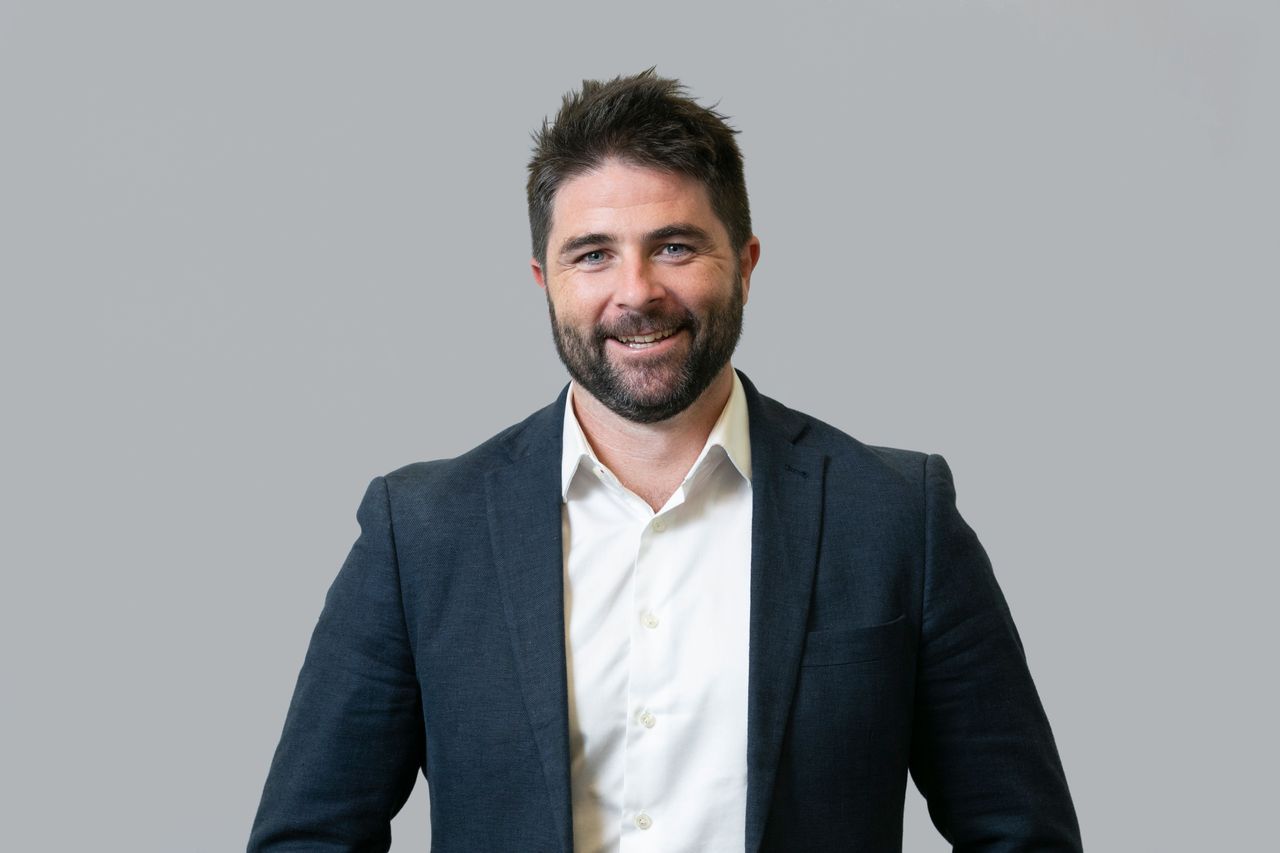News & Insights
Programming - The Importance of Project Strategy
Author
Date
- 2022 December

RCP’s Bevan Judge is a big believer in building a delivery strategy – early. However, not all strategies are created equal; the secret to a solid strategy is having input from a high-performing team. A good strategy has some in-built flex and a good Project Manager will guide the team to flex and adapt alongside it as the project evolves.
The catalogue of pressures on today’s overstretched construction and property industry is long – from the complexity of performance standards and the importance of complying with legislation to long and uncertain lead times for materials, plants and equipment. The desire for certainty is palpable – certainty of price, certainty of programme, certainty of delivery.
Now, more than ever, it is important to establish an optimal delivery strategy as soon as possible; one that considers everything on the path to a project’s successful outcome, from risks and resources to objectives and outcomes.
The very best delivery strategy for a project will consider all of these often conflicting demands and influences, and set a clear pathway to success.
That’s why a huge amount of effort should go into landing this strategy and building the very best team to deliver it. That said, the efforts of even the best team stand to be wasted if they are following a flawed strategy.
Developing the strategy
Projects also need to be delivered more quickly than ever to hit a market window, an opportunity or an outcome.
There is a balance, however; running too fast may lead to unwanted consequences, including missed opportunities such as identifying the best or most cost-effective solution. In the same vein, rarely will everything in a programme run exactly as planned, so a programme without float in sensible places is a risky one.
Landing the best strategy won’t come from a computer; it will come from the team. That means talking to the team, everyone: the designers who, in reality, only have so many resources; Council, who will help consent the project and will want associated information presented in the right way covering all the necessary aspects; the Client, who will approve the project and will have its process to do this; and the subcontractors, right down to the crane driver who knows that, no matter what, they will need five days to install the complex façade on each elevation of the building.
As the delivery logic crystallises, the team must look for ways to de-risk the programme and grab opportunities, for example:
Where does it make sense to add extra resources to save time?
How can we design repetition to make construction faster?
How do we improve the risk profile of the project?
To get there, everyone on the team should be asked to provide input; each person will have a role to play and have their specialist skillset to help deliver a successful outcome.
Communication
Once the strategy is clear, it must be communicated effectively to the team, funders and stakeholders. A 2,000-line Gantt chart across 20 pages isn’t recommended; eyes will naturally glaze over.
A better approach is to create a simple one-page diagram showing the key activities and their relationship to others; together, they lead to delivering the project successfully. Whilst there will be a subset of programmes supporting the strategy, this one-pager will serve as the road map.
The upshot is that everyone on the team can read the programme and understand where and how they play their part – and commit to it.
 Refinement
Refinement
Despite everyone’s very best efforts to set the best path at the very outset, the project will likely need to deal with surprises. There might be a resourcing challenge, an approval or consent that does not come on time, a change in material lead times or financial pressures.
A Project Manager’s role is to keep a finger on the pulse of the project, stay close to the team and keep an eye on the critical activities. They must think ahead and look for alternatives to the strategy or options to deal with the unexpected. And whilst they won’t have all the answers, a good Project Manager will find the answers from within the team.



